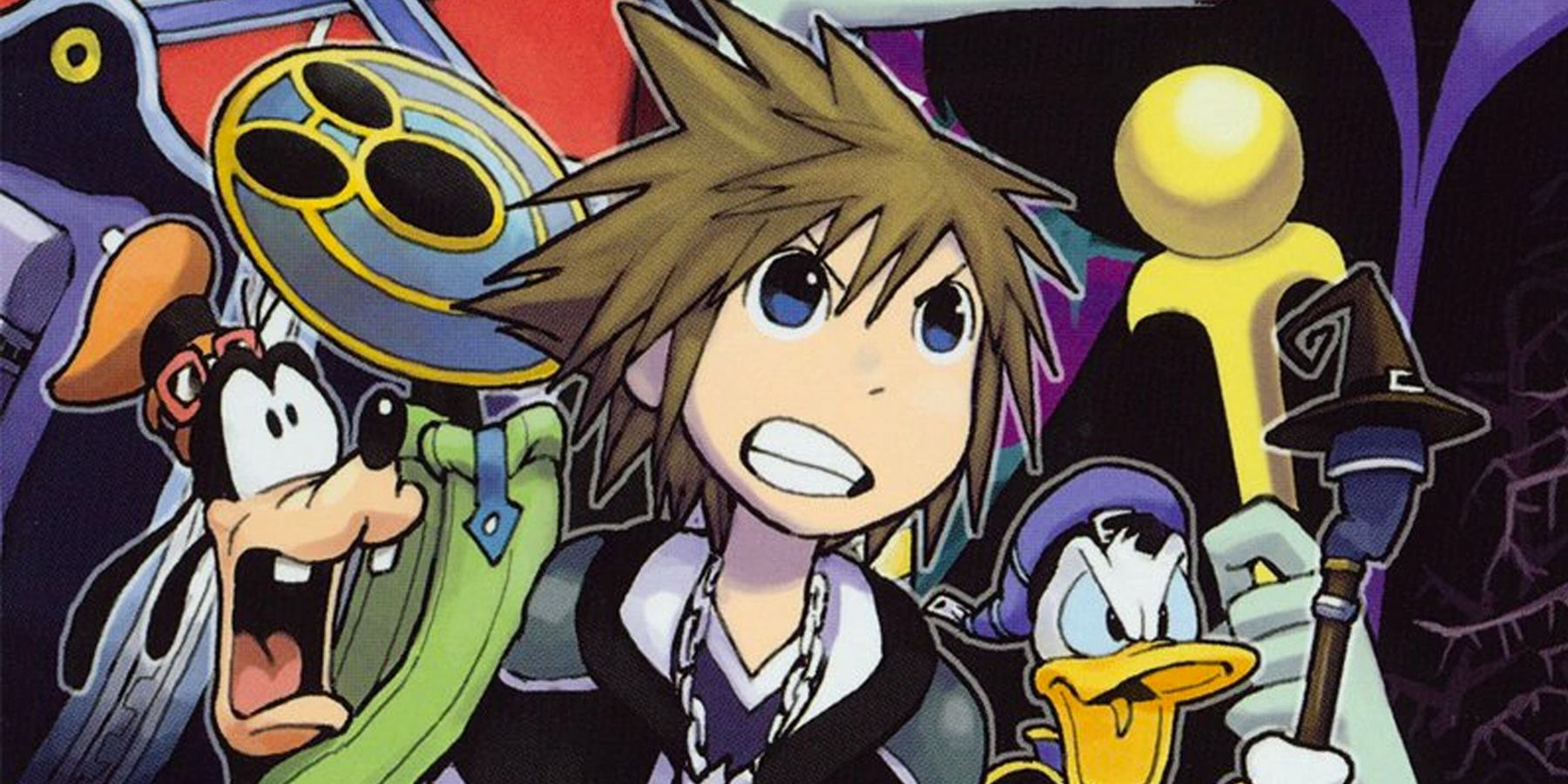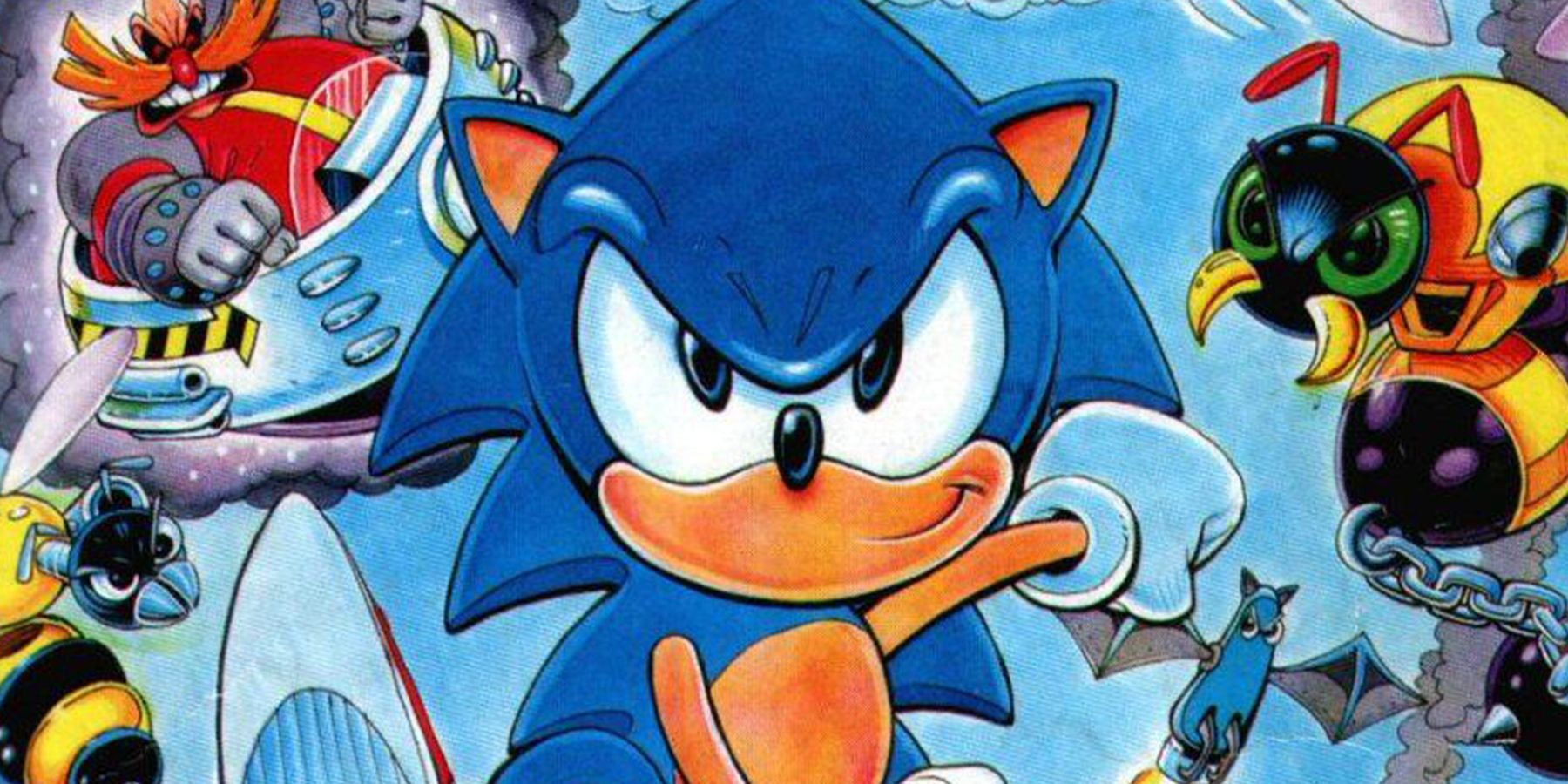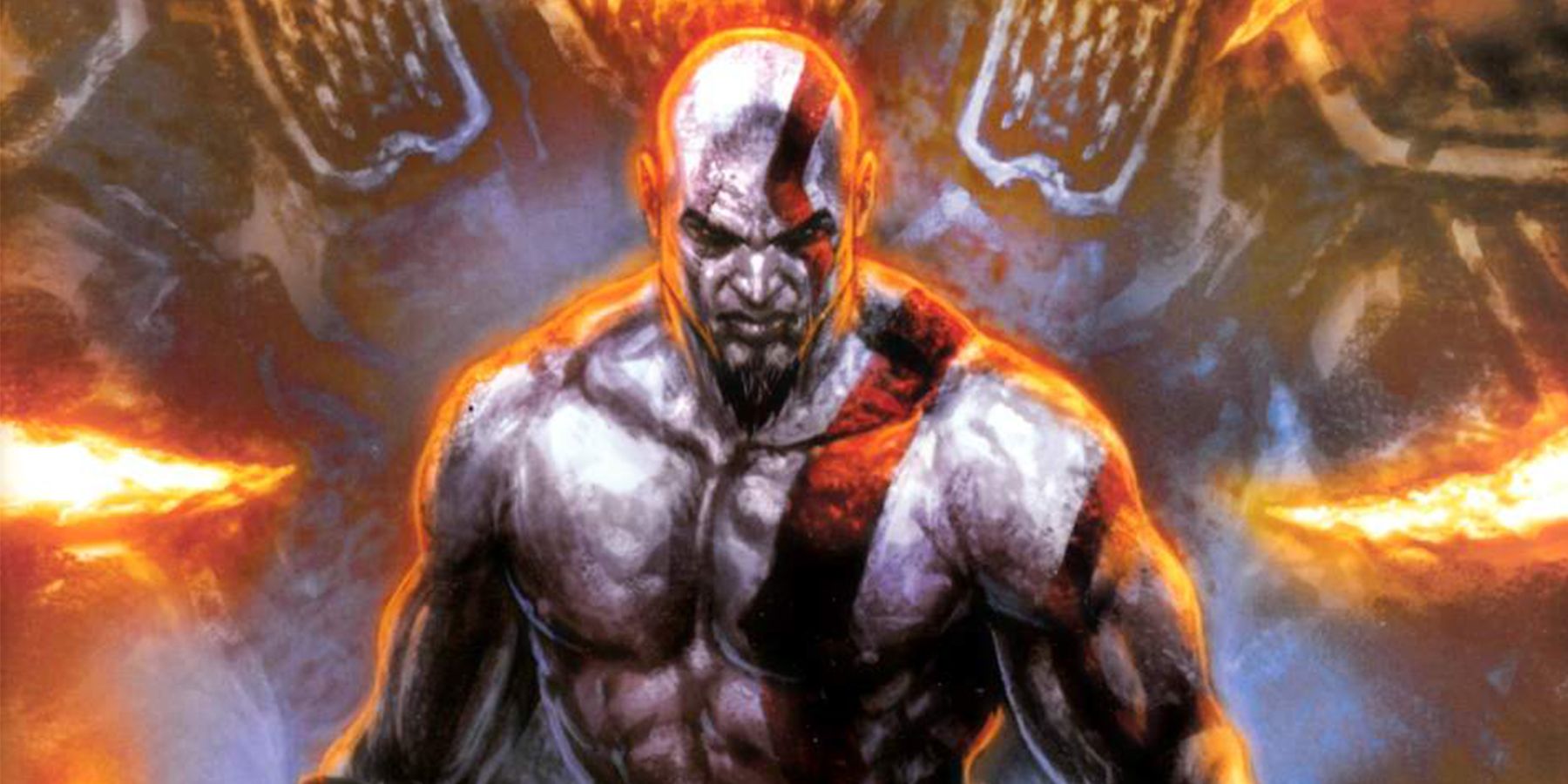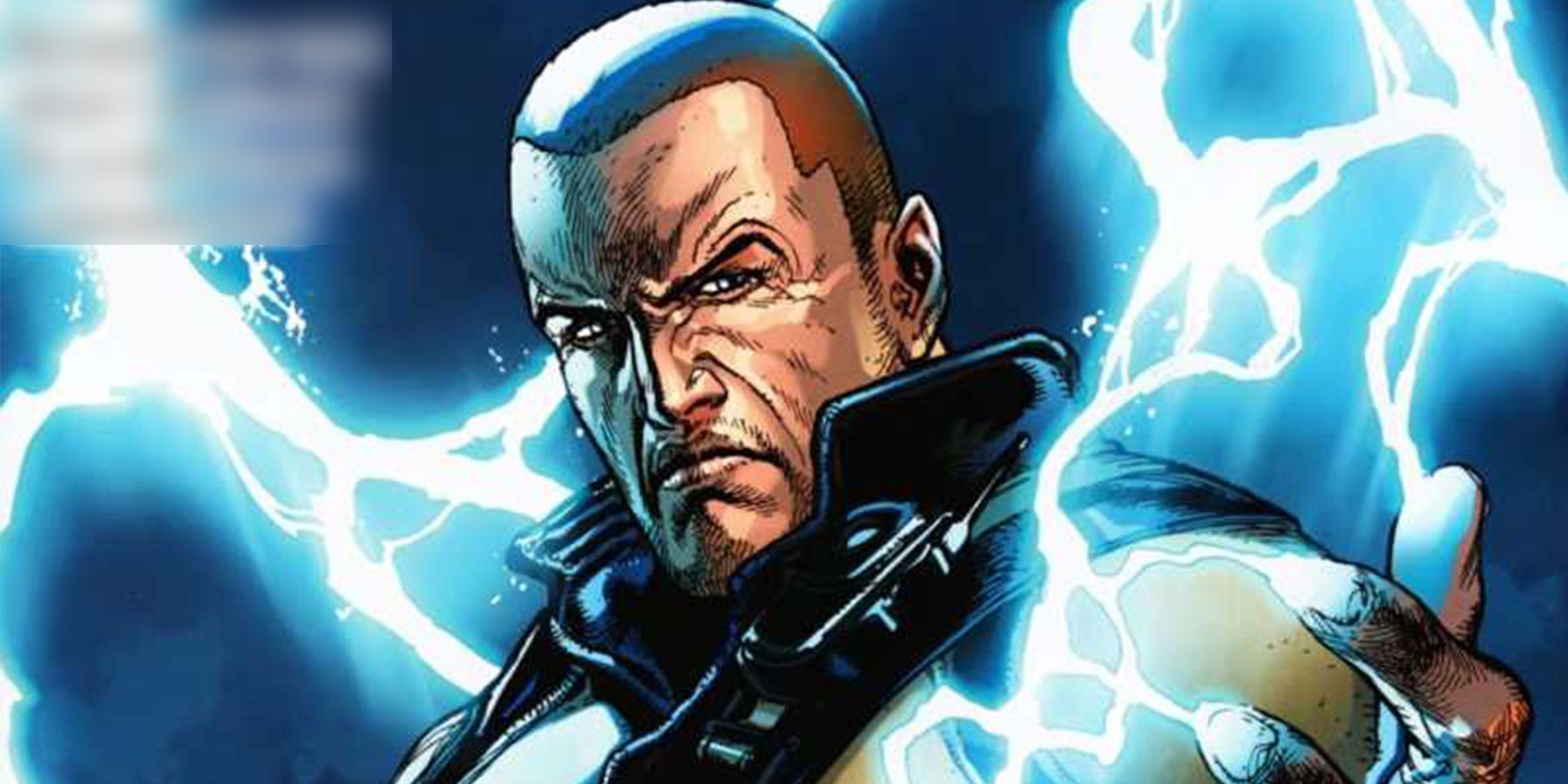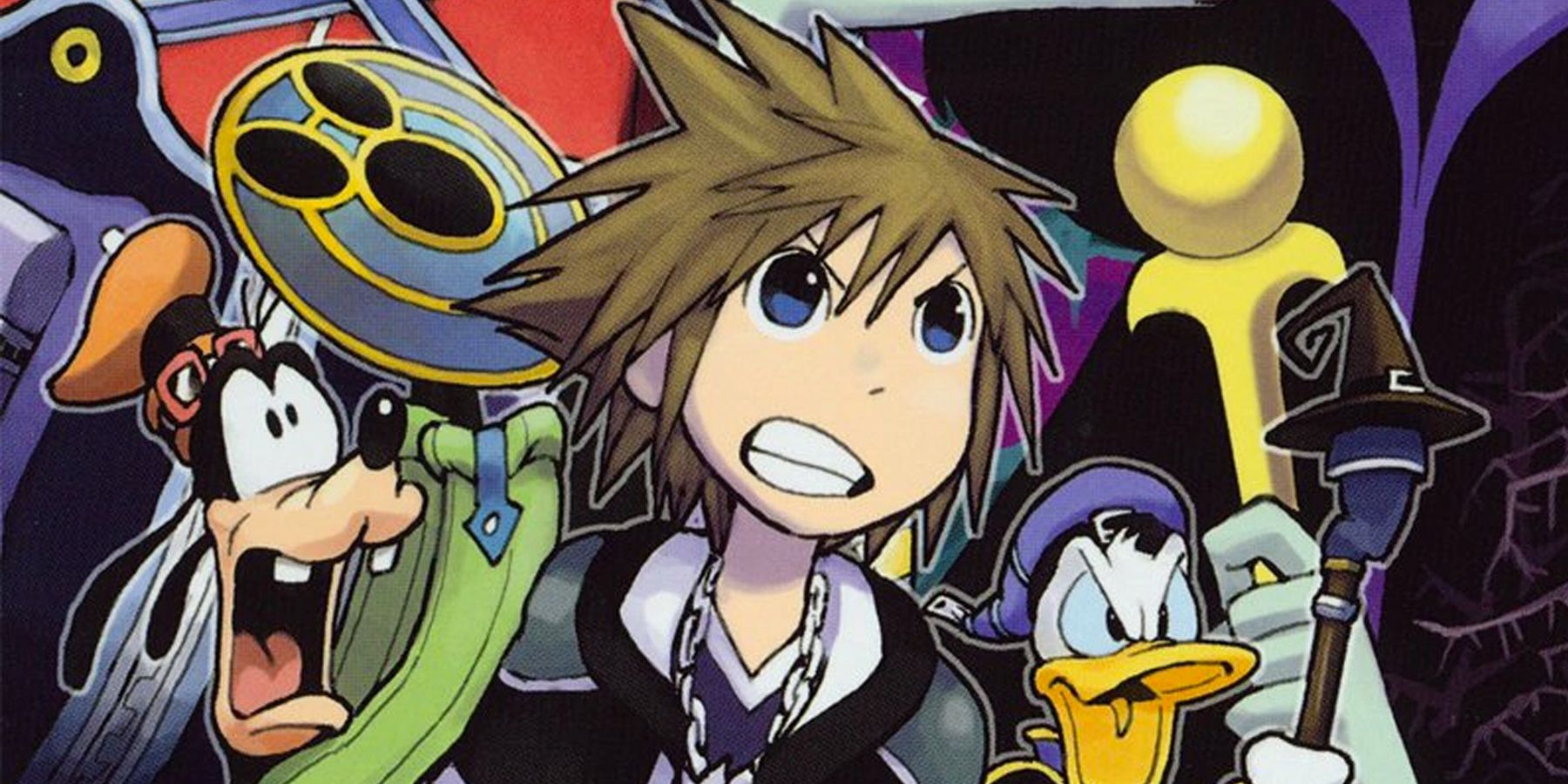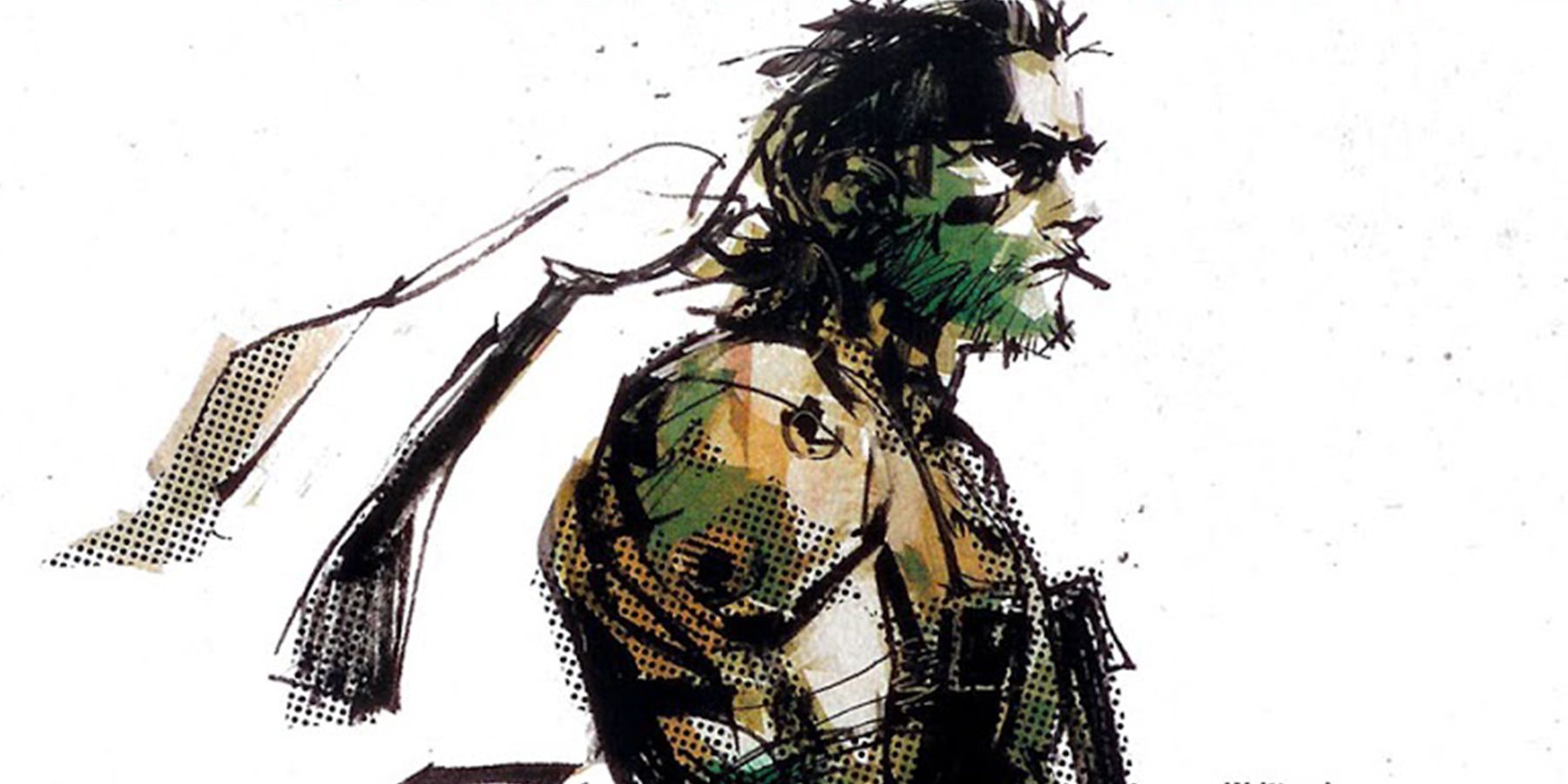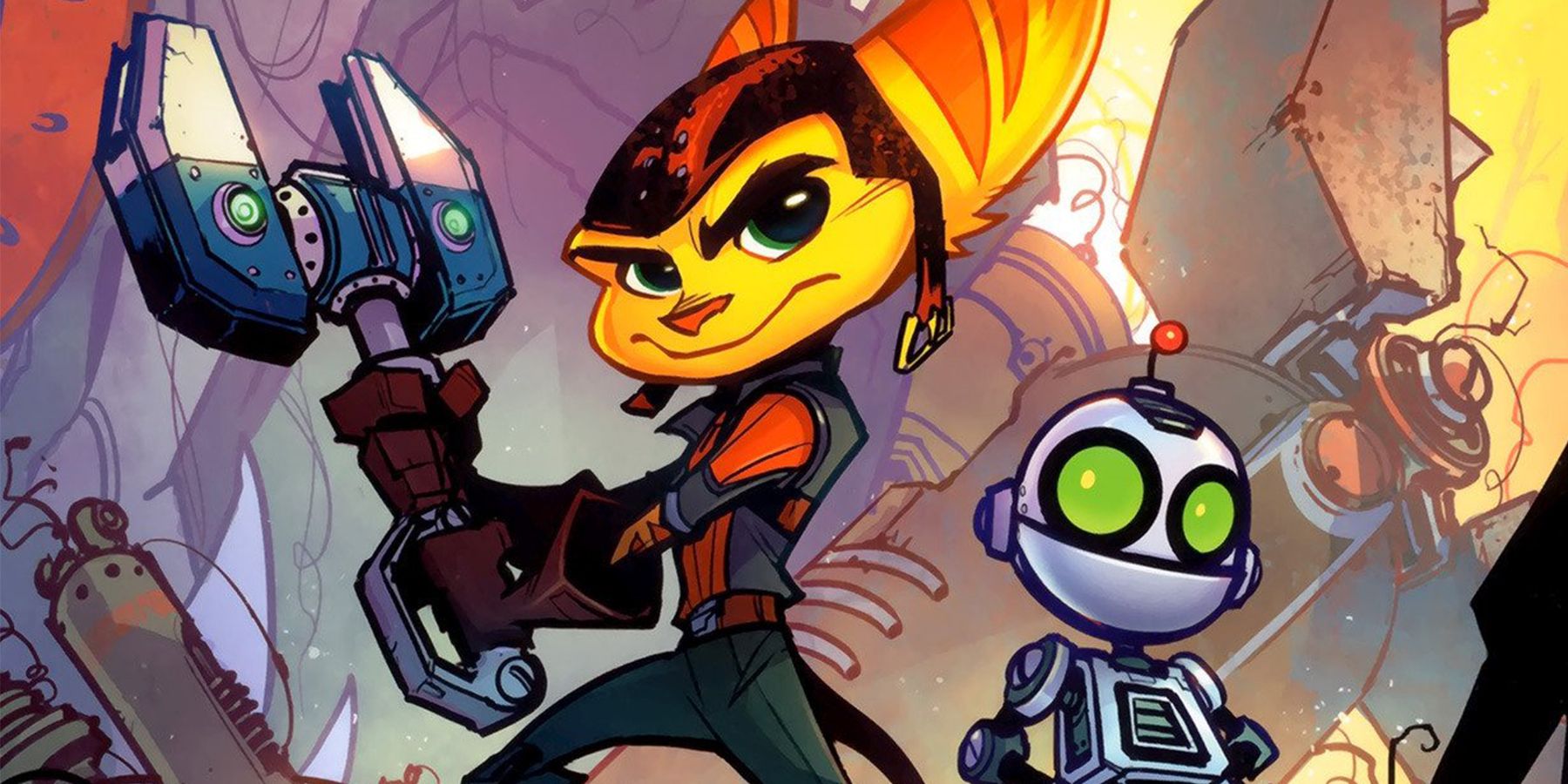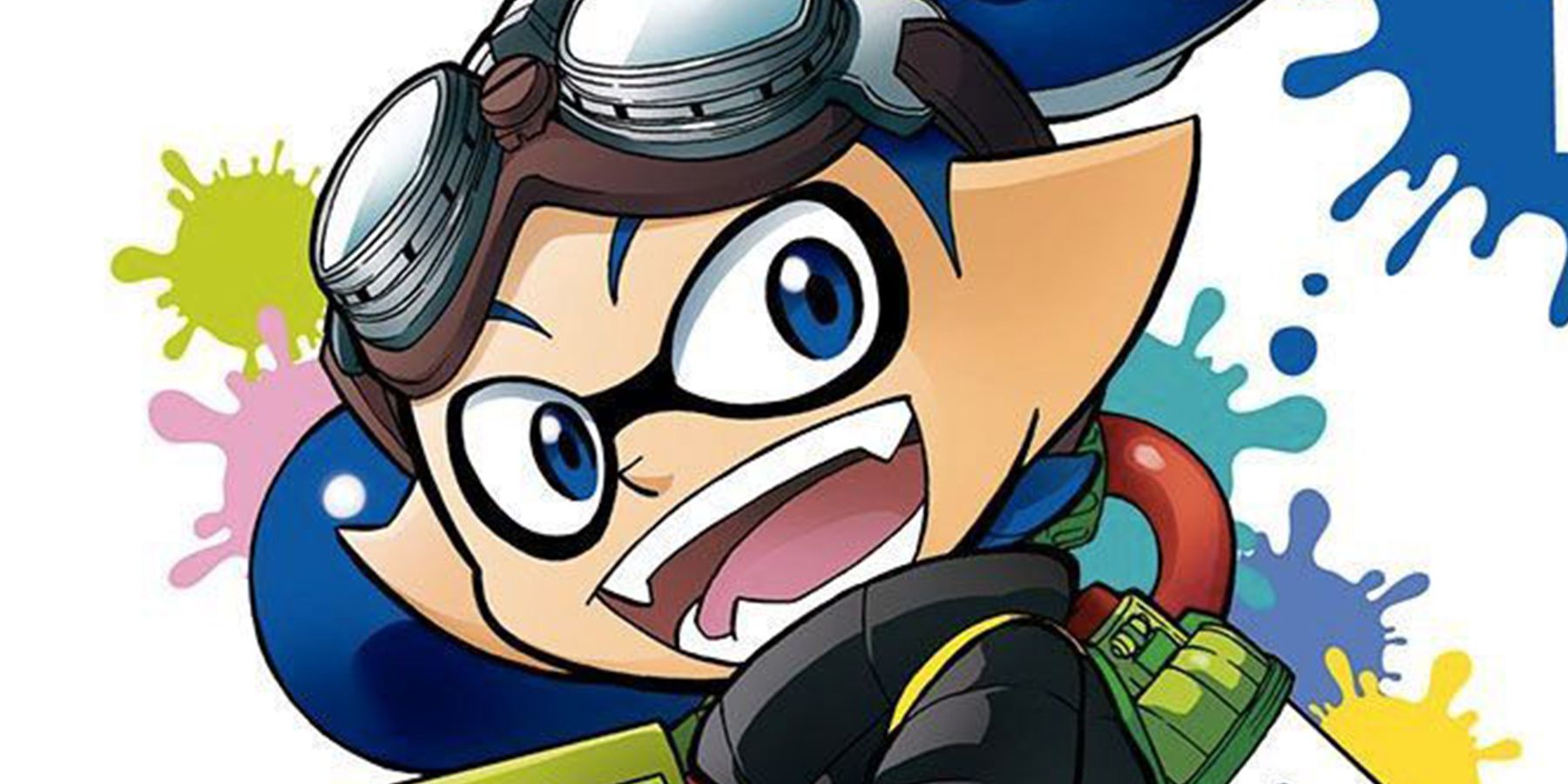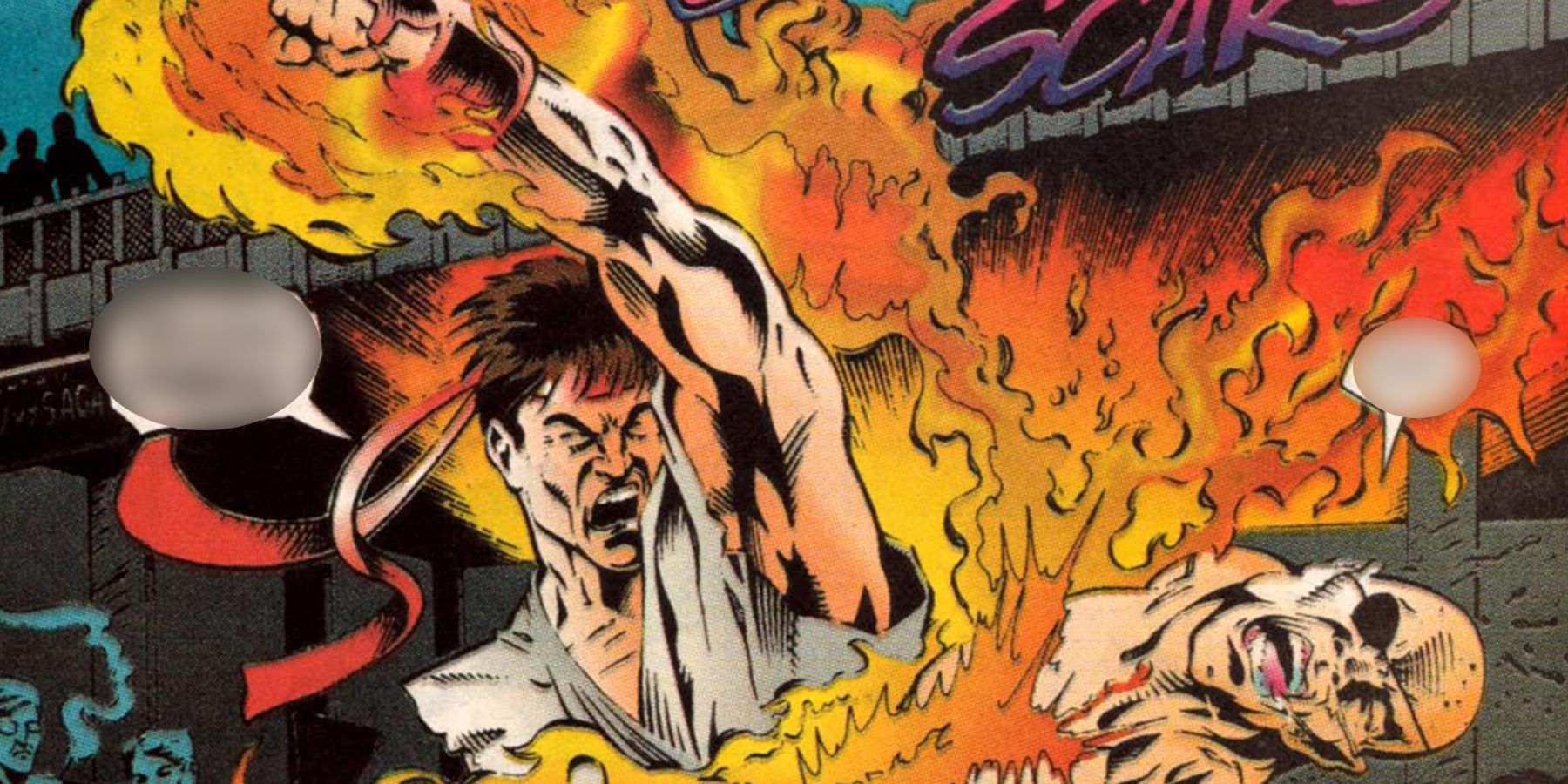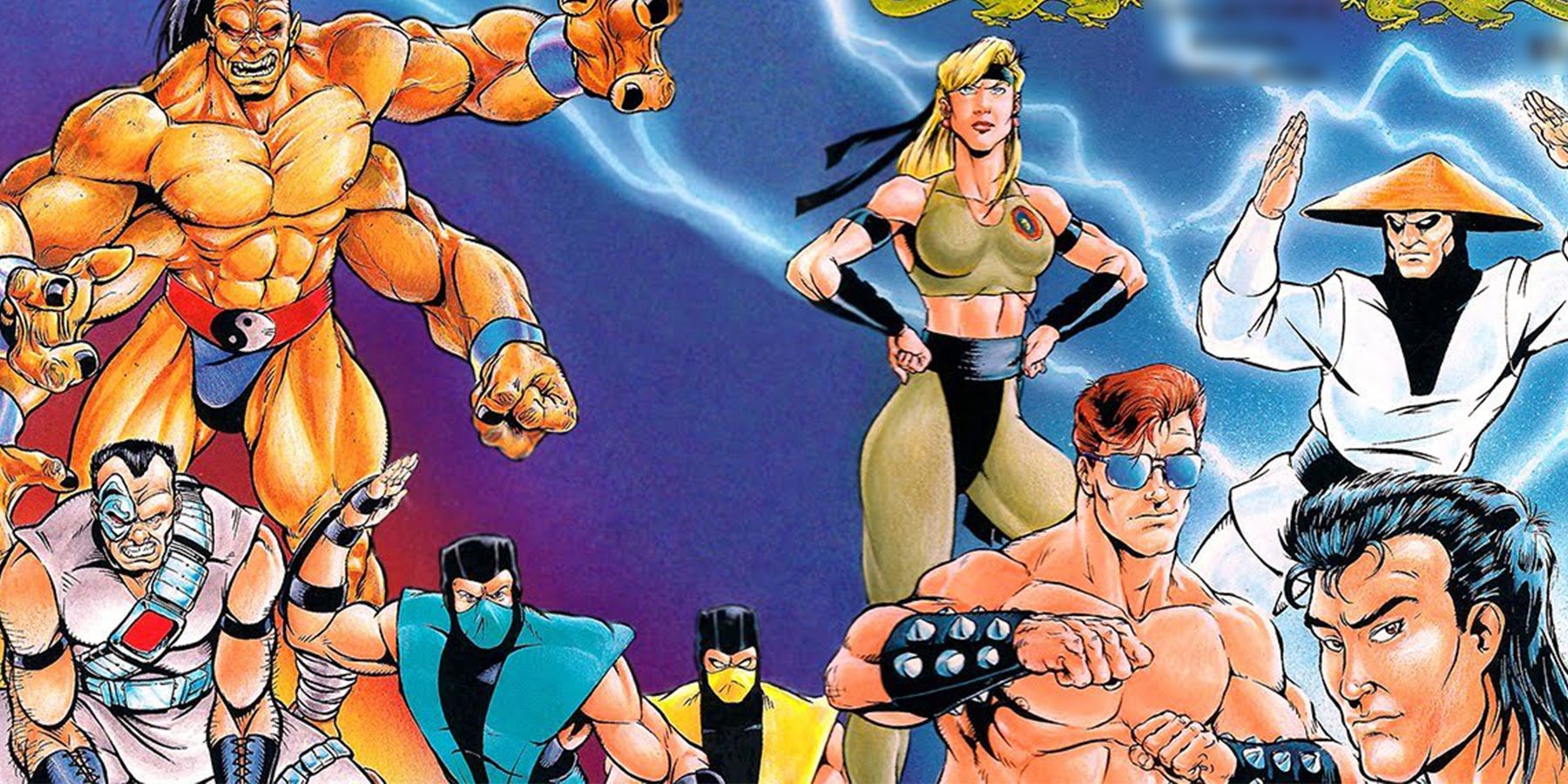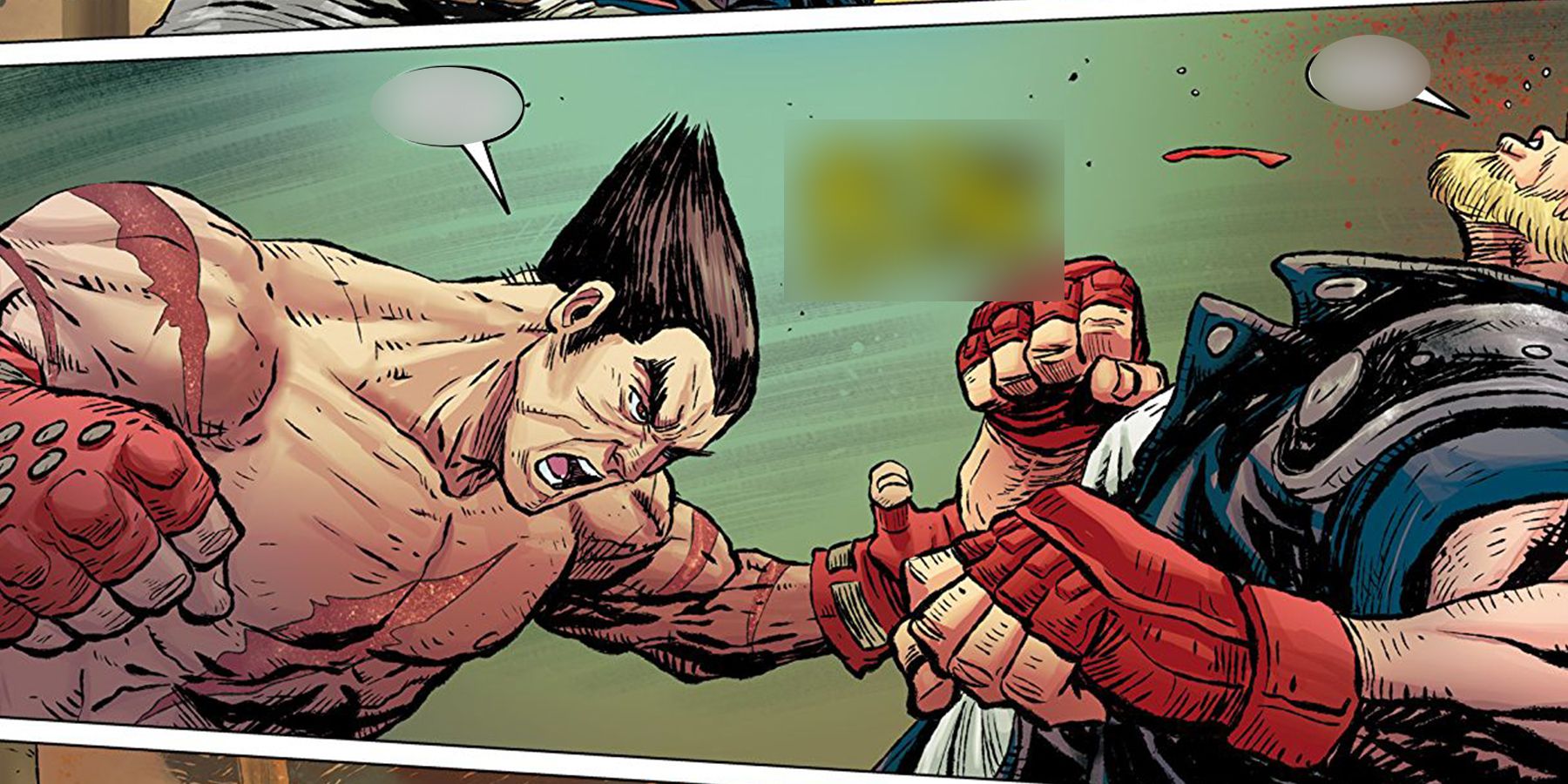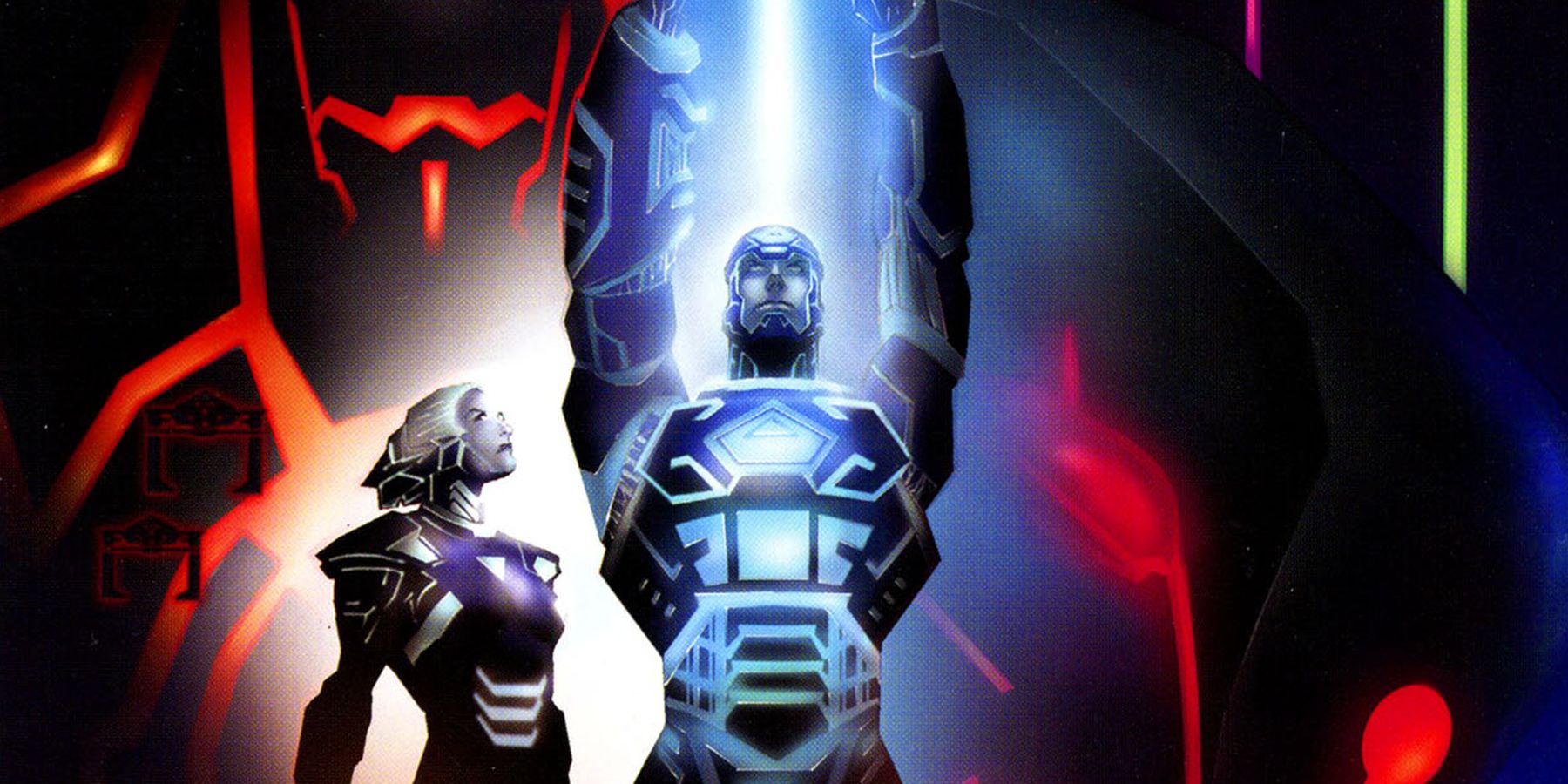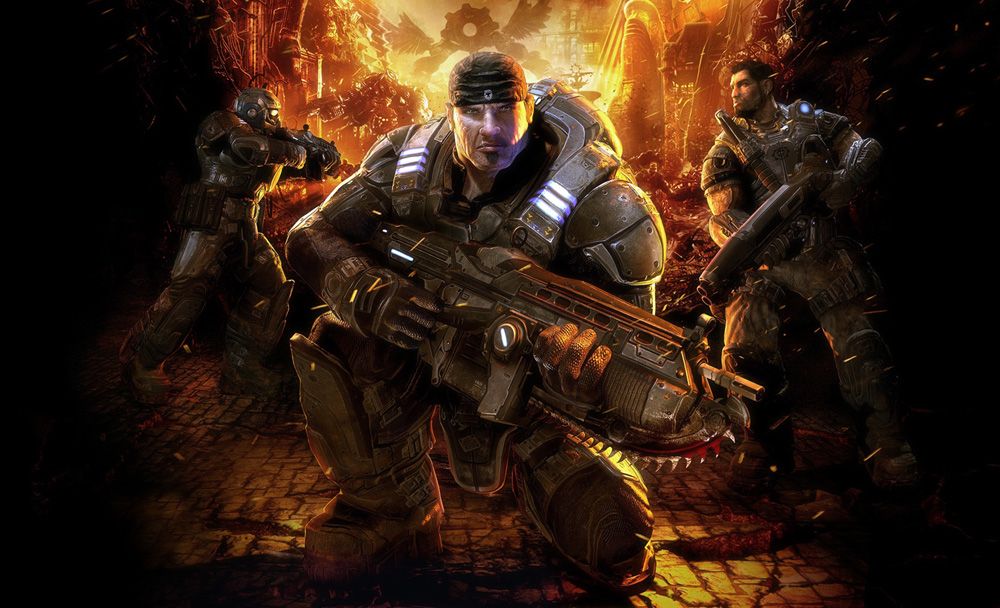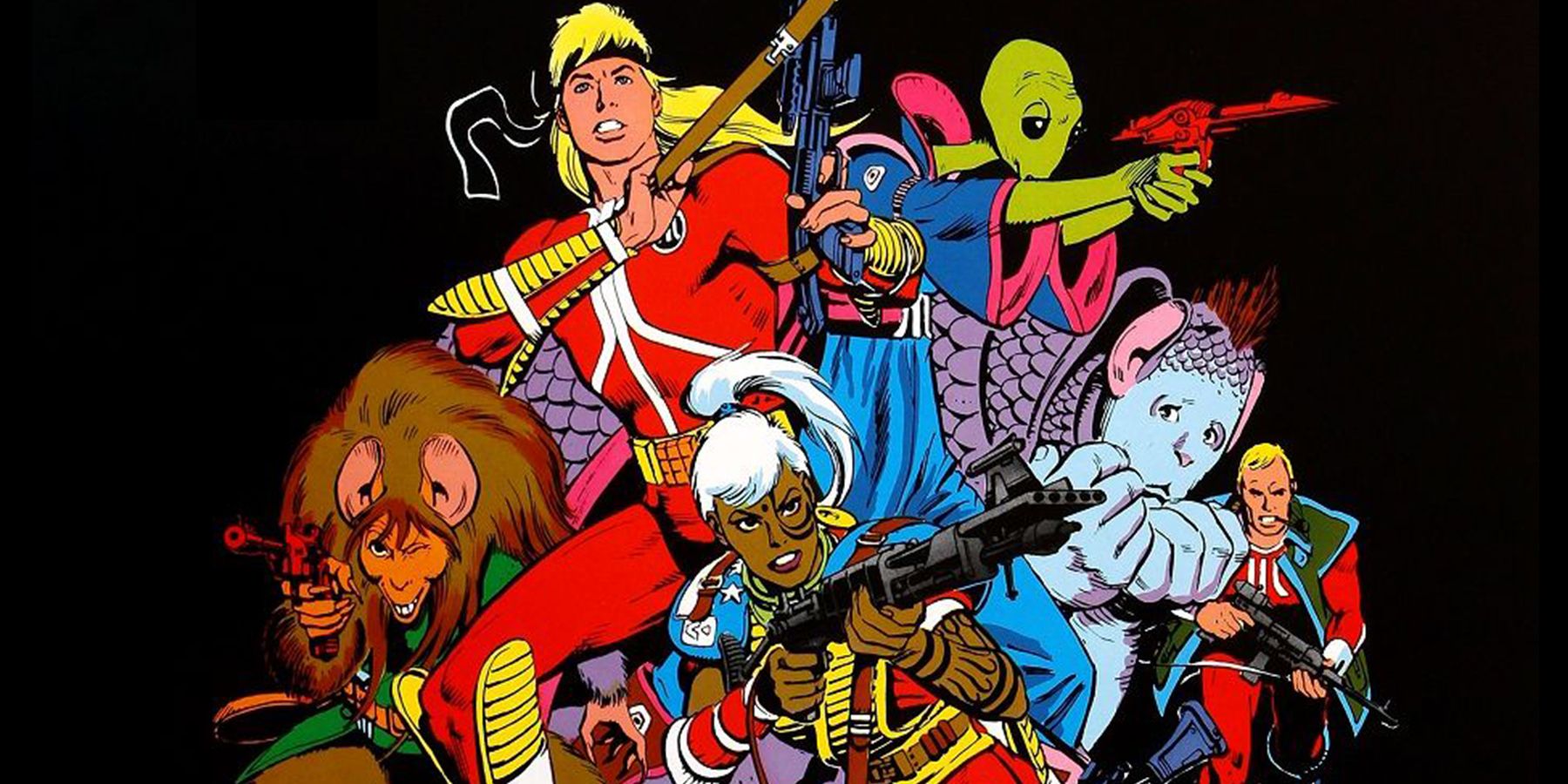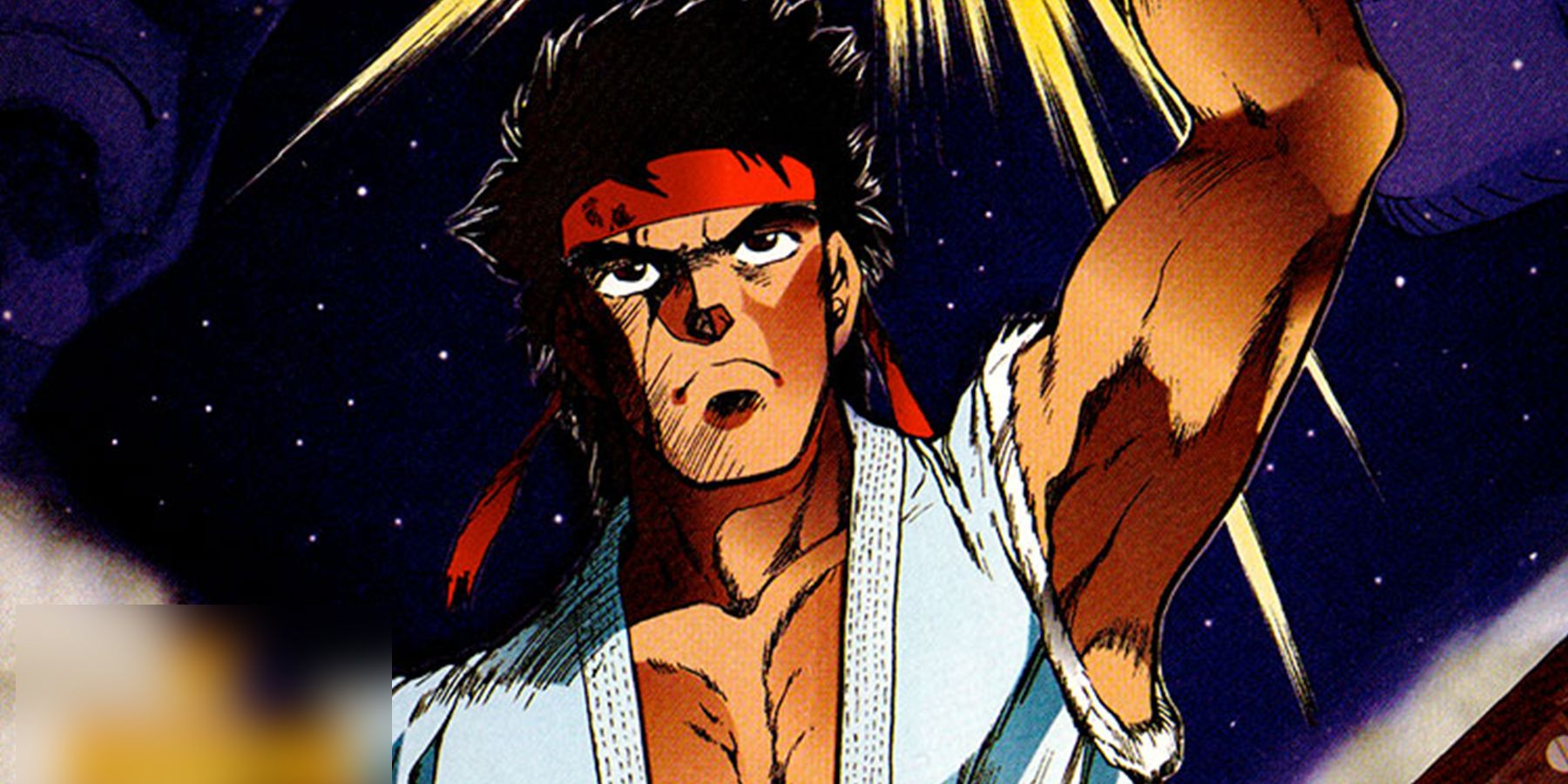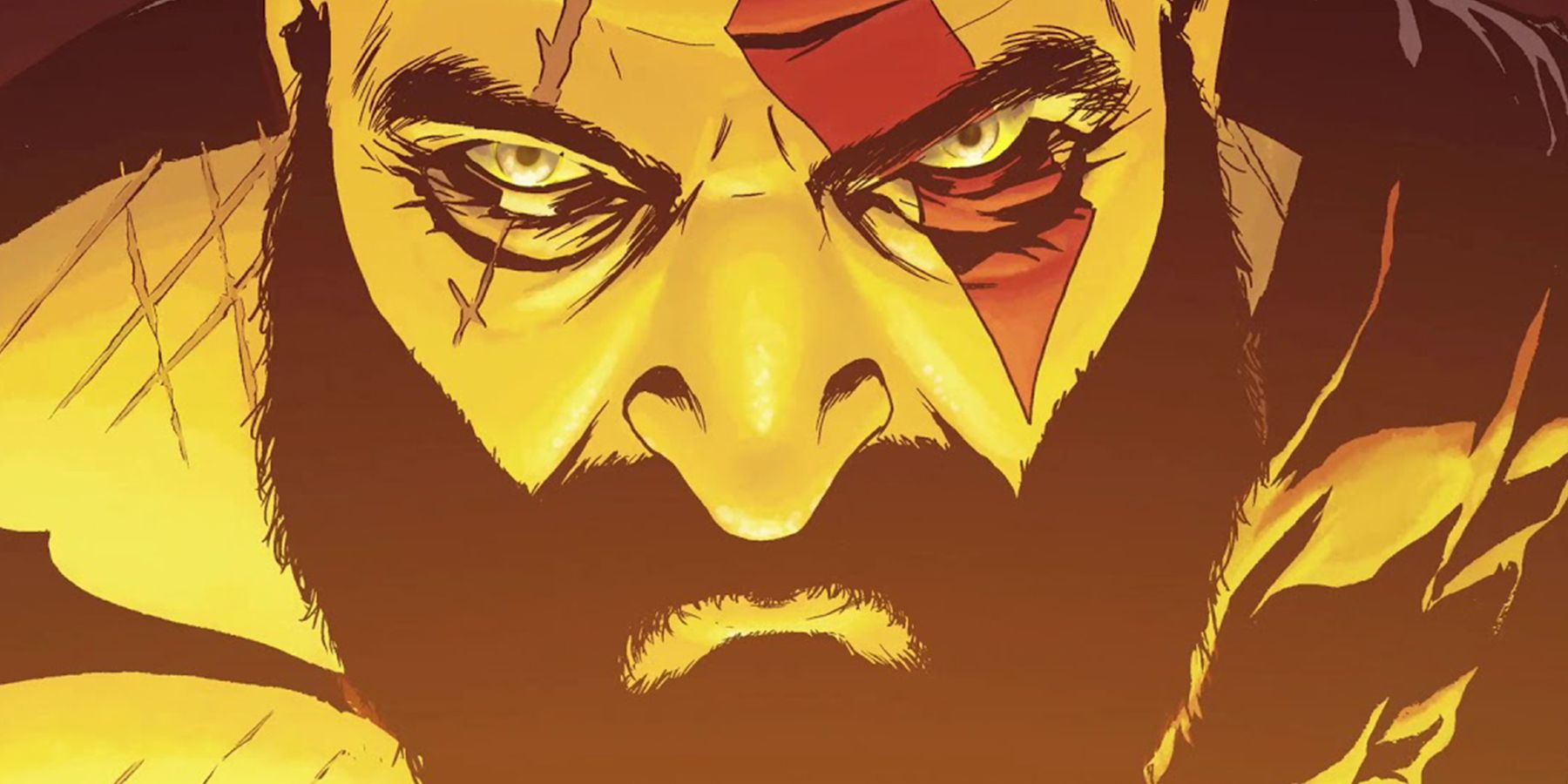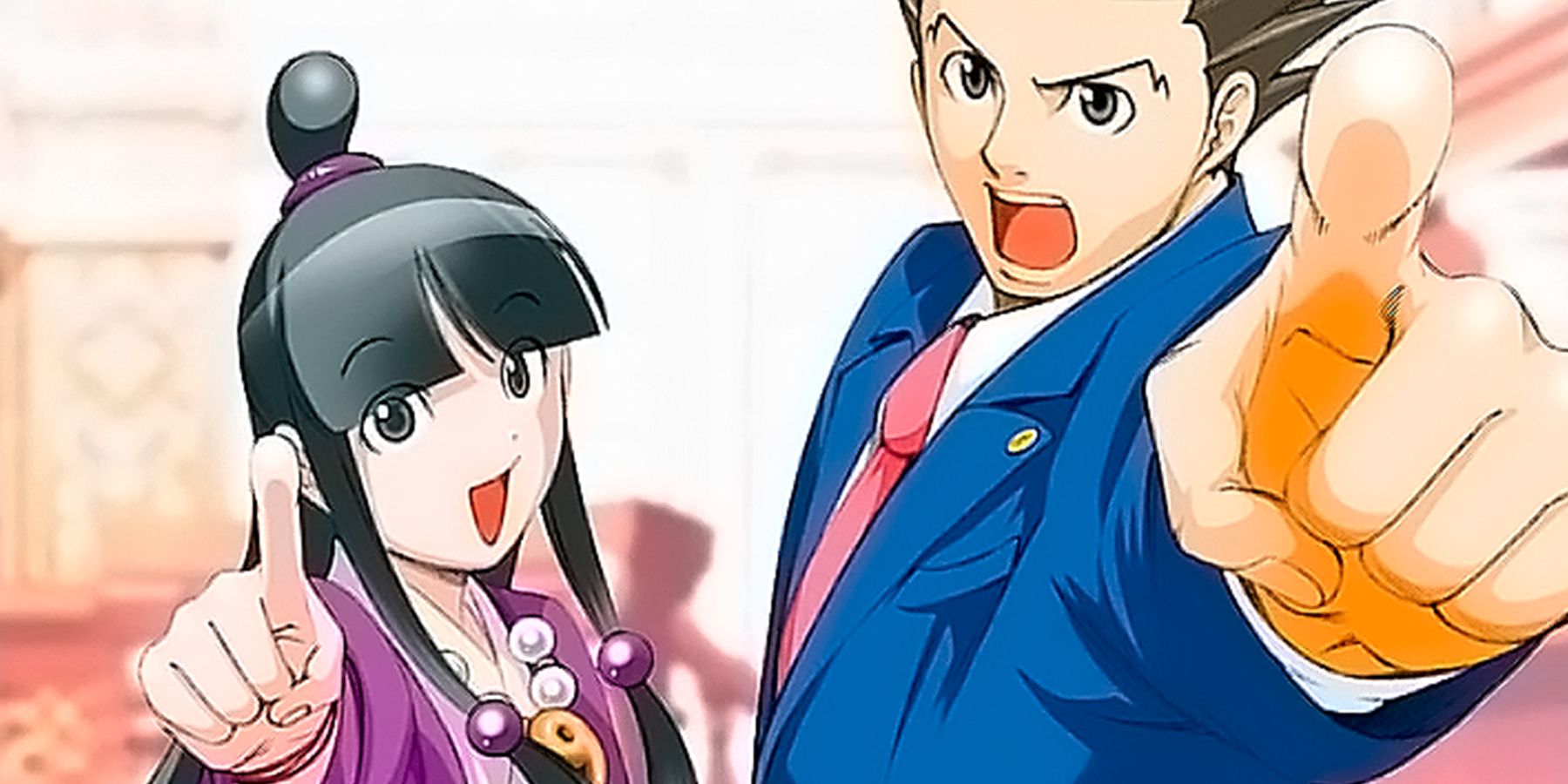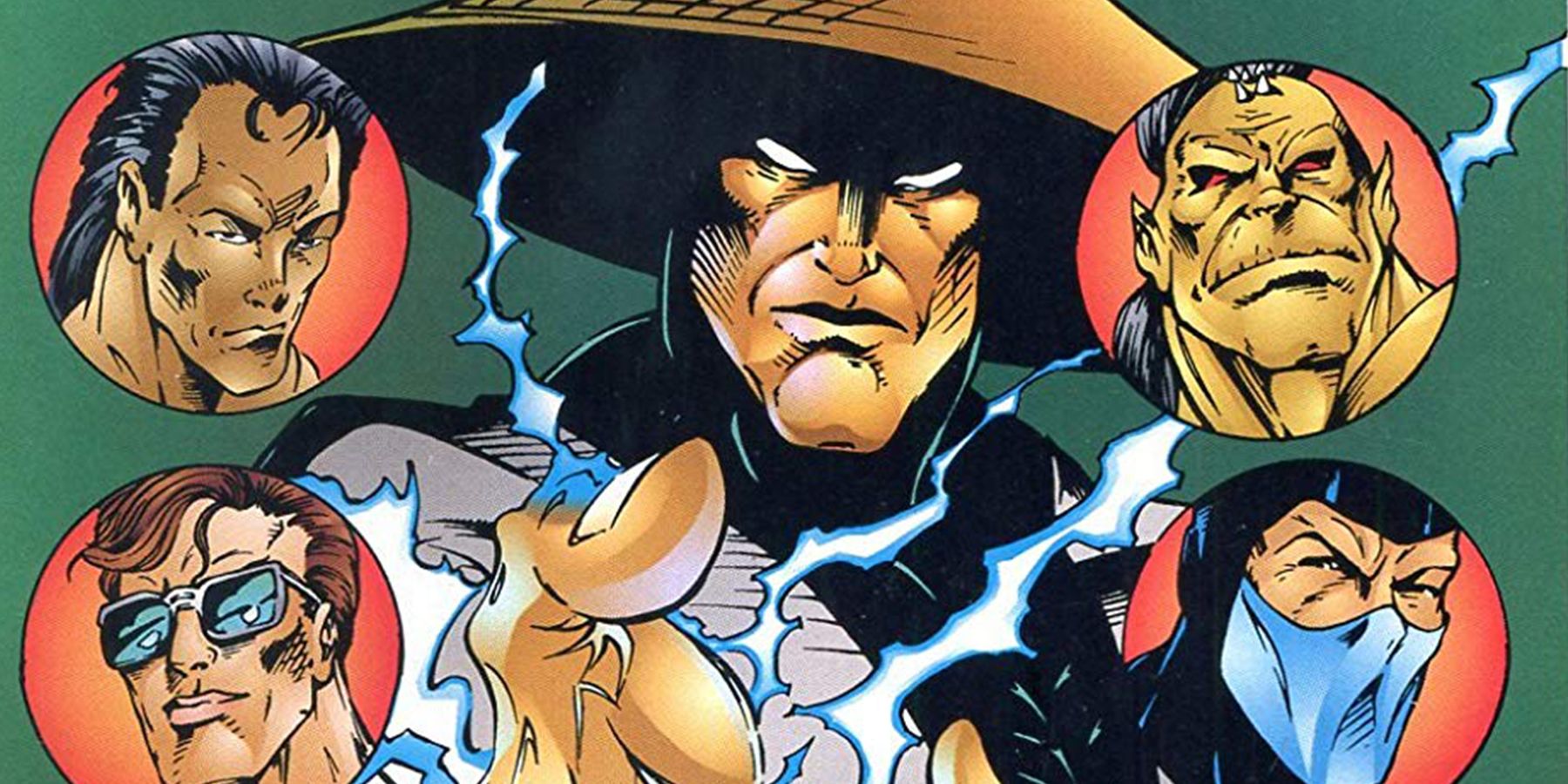Archie Comics' Sonic the Hedgehog holds the record for the longest running comic book series to be based on a video game, standing as perhaps the most notable video game comic of all time. Beyond Archie's Sonic series, there are surprisingly few well-known video game comics, Archie's other video game title, Mega Man, is the only one that comes to mind. Seriously, we challenge you right now, name one other well-known video game comic title. There is, of course, the Injustice comic series, but since the games are based on comic characters, that doesn't really count, and beyond it there aren't many video game comic series that have stood out throughout gaming and comics history.
But, Sonic, Mega Man and Injustice are far from the only examples of video games making the jump over into the world of comic books. Thus, we decided to list off all the lesser-known comics based on video games. Of course, some people have heard of a few of these, so the "never heard of" is not a hard-set rule—the Zelda manga series is an example of this. It's not unheard of for modern games to have a comic book tie-in, which is why some of these entries might be known to some, but video game comics have been around for quite some time, leading to a long list of forgotten titles that we're chronicling for you here, so enjoy our dive into the crazy, and sometimes forgotten about, world of comics based on video games.
25 SONIC THE COMIC
Starting us off we have the lesser known comic based on Sonic the Hedgehog, a UK series from Fleetway comics that ran for over 200 issues. Sonic the Comic used the canon that was established by Sega of America, who created a pretty strange backstory for Sonic when they were localizing the first game.
Despite the strange origin of the characters that this comic presented, it ended up being a rather popular series, so much so that fans continued it in online form after it was cancelled in 2002.
24 GOD OF WAR (DC COMICS)
As we get further into this list, you'll find that Wildstorm comics published a lot of video game adaptations, one of which was the first God of War series, which moved to DC comics after the first five issues, since Wildstorm closed up shop at that point.
The miniseries expanded the story of the video game via flashbacks and other story expansion. Strangely enough, the series only ran for six issues, meaning five were published under Wildstorm, and one was published under its parent company.
23 INFAMOUS
It's always a bit weird when DC publishes a book that doesn't have DC characters, since non DC character-led comic books are usually reserved for a different Imprint of the company. God of War did this, and it wasn't the only example, since DC also put out an Infamous comic book.
Written by William Harms and drawn by Eric Nguyen (with cover art by Doug Mahnke), the Infamous DC miniseries lasted six issues in 2011 and told a story that connect the first and second games together.
22 KINGDOM HEARTS MANGA
Have you ever wanted to get into the Kingdom Hearts game series but find its long list of games (with varying gameplay styles that range from fun to centering around a difficult and strange card system) too daunting? Well you're in luck, since there's a manga series based off the games that can get you about halfway there.
The manga has yet to adapt the entire game series, but there are novels and companion books that can help fill in the gaps. Regardless, the manga adaptations are pretty good reads and can help you grasp some of the story.
21 METAL GEAR SOLID
Like Kingdom Hearts, the Metal Gear Solid series has an incredibly bonkers story that can very quickly turn into a confusing trip down a wiki rabbit hole. Also like the Kingdom Hearts series, Metal Gear Solid put out a comic series that might have gone under comic fans' radars.
The series, published by IDW, told the story of the first Metal Gear Solid game in just 12 issues. The comic was written by Kris Oprisko and illustrated by Ashley Wood who channeled the game box art for the book's style.
20 RATCHET & CLANK
It came as no surprise when the Ratchet & Clank movie was announced, since the game's characters, tone and style are perfect for an animated film adaptation. Similarly, the series was perfect for a comic adaptation, which happened in 2010.
Written by T.J. Fixman with art by Adam Archer and Jonny Rench, the series was published by, strangely enough, DC comics, and ran for 6 issues. Additonally, DC's Ratchet & Clank wasn't the only comic adaptation of the game series, as a manga adaptation also exists.
19 SPACE QUEST
Sierra no doubt holds a special place in video game lovers' hearts, as they were some of the original story-based point-and-click games that helped establish the genre. One of the most popular titles was the Space Quest series, which some might be surprised to learn had a comic book adaptation.
Titled The Adventures of Roger Wilco, the series was published by Adventure Comics (part of Malibu comics) and adapted the story of the first Space Quest game. The comic was very short lived and due to the small number of prints that were published, finding copies is incredibly difficult.
18 SPLATOON MANGA
Splatoon, specifically the current game, Splatoon 2, is definitely one of Nintendo's biggest recent hits. The basic, main game is a multiplayer shooter wherein two teams of four compete against each other to cover the playing field in their color of ink via different types of ink weapons.
It's a blast to play and features some fantastic design in the form of the Inklings (and later Octolings) that serve as player avatars. What people might not know about this hit game is that it has a multi-volume manga adaptation starring an Inkling named Goggles and his three friends.
17 STREET FIGHTER (MALIBU COMICS)
In 1993, Malibu Comics put out a three-issue comic book series based on Street Fighter, a title that we're sure many either forgot existed or never knew about to begin with. The series, which took place after the first game, was later cancelled because Capcom was dissatisfied with it.
Just based on the comic page we have provided above, it's easy to see why, since the series appears to have a fair share of Americanization—Ryu definitely looks a bit off and the overall style is that of '90s American comics.
16 MORTAL KOMBAT (MIDWAY)
If Street Fighter wasn't your cup of fighting game tea, don't worry Mortal Kombat also had some comic adaptations, the first few series being published by Midway themselves. In total, there were three different series produced by Midway, all of which tied in to Mortal Kombat 1, 2 and 4.
The comics were what one usually expects from tie-ins, they told character origins and backstories and depicted what occurred before the events of the game, each series coming out around the release of the game they tied in to.
15 SUPER MARIO MANGA ADVENTURES
Mario is perhaps the most recognizable gaming icon of all time, so it makes sense that such a big mascot would get his own Manga adaptation. Titled Super Mario-Kun (Super Mario Manga Adventures in America), this adorable manga series has been around since 1991, continuing this day with its 54th volume.
Super Mario Manga Adventures is mostly an adaptation of the games, taking their story and adding some events and elements in some instances. Even games that aren't part of the mainline series, like Paper Mario, have gotten adapted over the years.
14 RESIDENT EVIL (MARVEL)
Similar to the strange cases of DC publishing Infamous and Ratchet & Clank under their main imprint, Marvel put out a Resident Evil title way back in 1997. The comic was only one issue and served as a prologue for the original game, which is what makes the fact that Marvel published it even weirder.
The comic was given out for free as part of a promotion for the game, depicting Richard Aiken attempting to communicate with S.T.A.R.S. headquarters while running from zombies, eventually leading into the events of the game.
13 TEKKEN
Like the other major fighting game series, Tekken earned its own comic adaptation. In fact, it earned two, a manga and a UK comic series. The manga series, created by Rui Takato, came out in 2010 and was based off of Tekken 6.
The second comic series came out later in 2017 from Titan comics, with art by Andie Tong and a story by Cavan Scott. Also known as Tekken: Blood Feud, the series took place after the events of Tekken 6, lasting a total of four issues.
12 TRON: GHOST IN THE MACHINE
Tron has struggled to maintain a presence in film, animation and video games, despite the franchise being visually stunning in each of these mediums. Perhaps Tron could find a home in comics—Disney owns Marvel now, after all—and if it did, it wouldn't be the first instance of such an adaptation.
This is a unique entry on our list, since Tron: The Ghost in the Machine isn't soley a video game adaptation, but rather it continues the story of Tron 2.0, a video game that served as a non non-canon sequel to the original film, lasting 6 issues in total.
11 GEARS OF WAR
Like with the God of War comic series, DC Comics put out a Gears of War comic series under its imprint, Wildstorm. The series, which featured art by Liam Sharp, Simon Bisley and Henry Flint (with colors by Jonny Rench), lasted a total of 24 issues between December of 2008 and August of 2012.
The comic had five main arcs that depicted events taking place between the first and second Gears of War games, all of which was eventually released in collected editions by DC.
10 ATARI FORCE
Perhaps the strangest entry on our list is Atari Force, a series created by DC and Atari that served as the basis for the arcade game Liberator.
The first Atari Force came out in 1982 and depicted a space-adventuring team that worked aboard Scanner One, a ship built with the intent to find a new home for humanity—both of which were set up by the "Advanced Technology And Research Institute," a not-so-subtle acronym for ATARI. The second Atari Force was published in 1986 and took place 25 years later, the original leader returning to lead a new team of heroes.
9 STREET FIGHTER II (TOKUMA COMICS)
The second instance of Street Fighter comics on our list came in the form of the Street Fighter II manga, which had an English adaptation that presented it in the style of an American comic book. The manga series was written and drawn by Masoami Kanzaki.
As you can gather, the manga depicted the events of Street Fighter II, following the events of a world tournament, making for a surprisingly coherent story, a department that the games tend to fail in, making it a great companion series.
8 GOD OF WAR (DARK HORSE)
Wildstorm/DC Comics' God of War miniseries wouldn't be the only instance of Kratos making his way into comics. With the character's return in the fourth God of War game, Dark Horse released a tie-in comic series released in November of 2018.
Where the first God of War comic series took place in the characters time dealing with the Greek gods, the Dark Horse series tied in with the Norse mythology of the fourth game, taking place between the third and fourth games and lasting four issues.
7 PHOENIX WRIGHT MANGA
The Ace Attorney game series made the jump into anime relatively recently, but prior to the 2016 series, there were a number of manga adaptations of the games. One adaptation was a serialized version of the events depicted in the games, while other series were loosely based on the franchise.
The non-serialized manga featured the characters in new cases that had not been featured in any of the games. Amongst the many volumes of Ace Attorney manga, there was also a spinoff manga focusing on series protagonist Phoenix Wright's courtroom rival, Miles Edgeworth.
6 MORTAL KOMBAT (MALIBU COMICS)
Where the Mortal Kombat comics published by Midway were more-or-less inline with the story and world of the games, the second comic series to be based on the franchise were a bit different. Published by Malibu Comics from 1994 to 1995, this series presented a number of "What if?" storylines featuring the characters of Mortal Kombat.
The result of this alternate approach to the characters and world was a storyline completely separate to the games, the characters being vastly different to their video game counterparts—for example, Sub-Zero does not die and remains the only Sub-Zero throughout the entire series' run.

